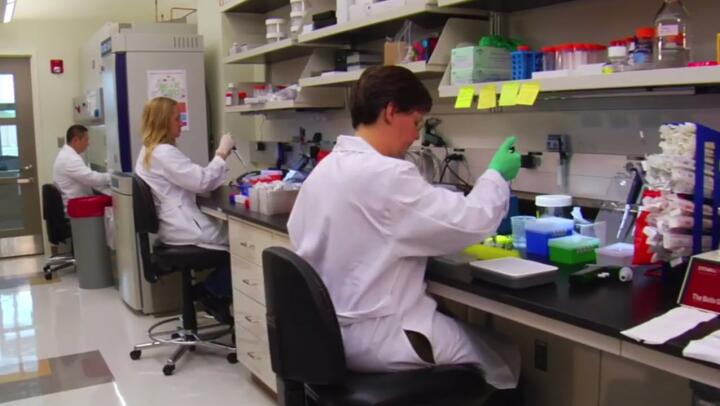
Your liver is an important organ that helps your body digest food, store vitamins and nutrients, and fight infection. It also cleans your blood and destroys toxins before they have a chance to poison your body.
Certain diseases can affect the liver, however, including hepatitis C, a viral infection that causes liver disease and inflammation. There are two basic types:
Acute: This form of the disease can last up to six months before the immune system fights off the infection completely and the virus goes away for good, or the infection continues and becomes chronic. Most cases (75% to 85%) become chronic.
Chronic: This form of hepatitis C is long lasting. It occurs when the body can’t get rid of the virus.
Virus Symptoms
Many people with either acute or chronic hepatitis C have no symptoms. If symptoms do occur, it’s because the hepatitis C virus has caused liver damage. It often takes up to 10 years for this to happen.
Symptoms of hepatitis C may include:
Dark-yellow urine
Itchy skin
Light-colored stools
Stomach pain
- Yellowish eyes and skin
Common Complications of Hepatitis C
Even though hepatitis C is typically a silent disease, it can be a deadly one. Here are three common conditions that chronic hepatitis C can cause, which lead to serious health problems.
Cirrhosis: About one in four people with chronic hepatitis C develops cirrhosis, a disease in which liver cells become damaged and replaced with scar tissue. As a result, the liver can’t clean the blood, synthesize essential proteins, or help the body digest food. Cirrhosis can lead to liver failure.
Liver failure: Chronic hepatitis Can damage the liver so extensively that it no longer functions. At that point, a life-saving liver transplant—receiving a healthy liver from a donor—may be necessary.
Liver cancer: Hepatitis C can increase your risk of liver cancer, a condition in which cells in the liver divide uncontrollably, leading to tumors and other problems.
How to Reduce Your Risk
Knowledge is power. To lower your risk for liver failure and liver cancer, especially if you’ve been diagnosed with hepatitis C, take good care of your liver. Be sure to eat a healthy diet and avoid alcoholic beverages, which further harm the liver.
Stick to your medication regimen and ask your doctor if you could benefit from new and better treatments. Talk with your doctor before taking over-the-counter medicines, too.
Key Takeaways
About one in four people with chronic hepatitis C develops cirrhosis, in which liver cells become damaged and replaced with scar tissue.
Chronic hepatitis C can damage the liver so extensively that a liver transplant may be necessary.
Hepatitis C can also increase your risk of liver cancer.












